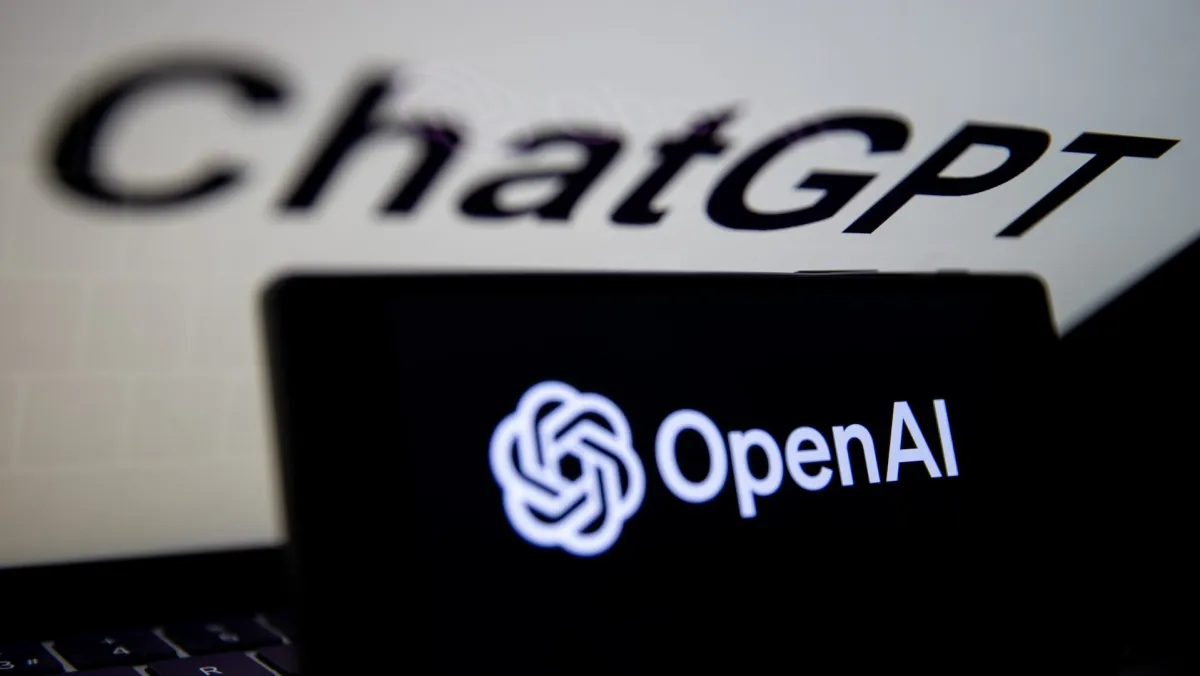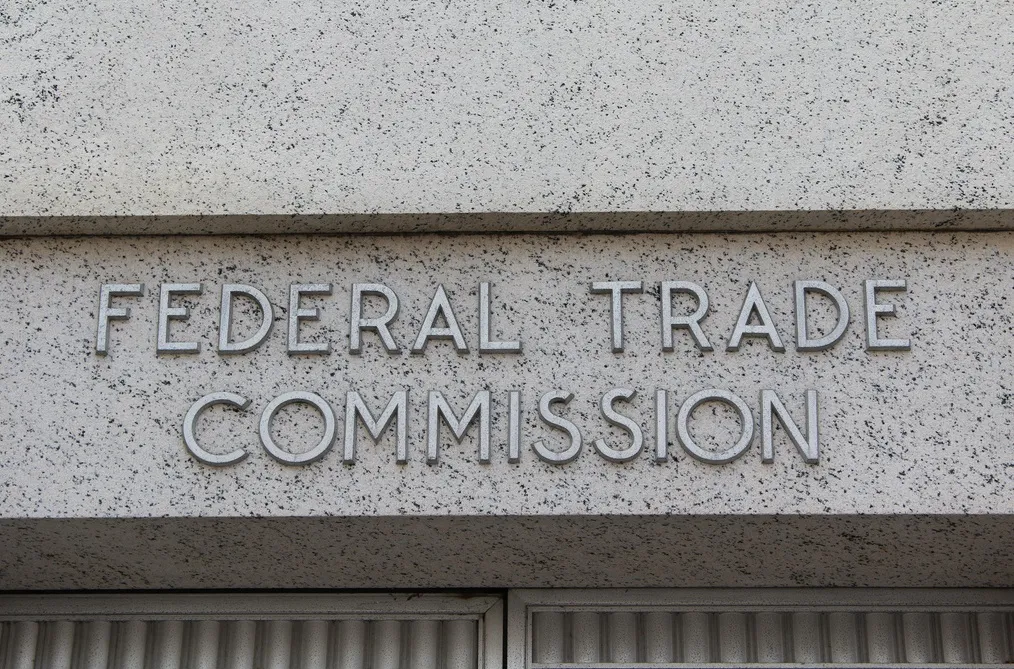AI-Generated Robocalls Impersonating President Biden: How Deepfake Technology is Manipulating Elections 🕵️♂️
Two audio forgery experts claim that the deepfake robocall of President Biden that was received by certain voters last week was most likely produced using technology from Silicon Valley's favored voice cloning startup.
AI researchers suggest that the deepfake Biden robocall was probably created using tools developed by ElevenLabs, an AI startup.
Introduction: The Biden Deepfake Robocall Scandal 😱
Last week, voters in New Hampshire were in for a surprise when they received a robocall impersonating President Joe Biden, instructing them not to vote in the state’s primary election. While the source of the call remains unknown, audio experts believe that it was likely created using technology from voice-cloning startup ElevenLabs. 📞
The Rise of ElevenLabs and Voice Cloning Technology 🚀
ElevenLabs, a voice-cloning startup that offers AI tools for various applications, including audiobooks and video games, recently achieved “unicorn” status by raising $80 million at a $1.1 billion valuation. This funding round was co-led by venture firm Andreessen Horowitz, showcasing the industry’s trust and belief in the power of voice cloning. 🦄
Anyone can sign up for ElevenLabs’ paid service and clone a voice from an audio sample. While the company’s safety policy recommends obtaining permission before cloning someone’s voice, it allows permissionless cloning for non-commercial purposes, such as political speech contributing to public debates. 💬
Identifying the Culprit: Pindrop and Berkeley to the Rescue 🕵️♀️
Pindrop, a security company specializing in identifying synthetic audio, conducted a thorough analysis of the robocall audio. Their investigation pointed to ElevenLabs’ technology or a system with similar components as the probable source. The results were surprisingly clear, with a match probability well above 99 percent. 😮
Hany Farid, a digital forensics specialist at UC Berkeley School of Information, initially expressed doubts regarding ElevenLabs’ involvement. However, after his team conducted an independent analysis of the audio, they reached the same conclusion. The evidence overwhelmingly suggests that the deepfake Biden robocall was indeed made using ElevenLabs’ technology. 🔍
- Being a Woman Online: The Alarming Rise of Deepfake Porn
- The FTC is probing Microsoft, Amazon, and Alphabet’s AI start...
- Meta’s Smart Glasses: A Promising But Flawed Introduction to AI
Controversy and Misuse: Previous Instances 👀
This is not the first time researchers have suspected ElevenLabs’ tools being used for political propaganda. NewsGuard, a company that tracks online misinformation, previously claimed that TikTok accounts sharing conspiracy theories, including a clone of Barack Obama’s voice, used ElevenLabs’ technology. ElevenLabs responded, acknowledging instances of misuse and continuously working on developing safeguards to prevent them. 🙅♂️
The Market Leader: ElevenLabs and Its Prominent Investors 👑
ElevenLabs is undoubtedly considered one of the leading AI voice cloning companies in the market. Its success is reflected in its valuation of over $1.1 billion, and its investors include industry titans like Andreessen Horowitz, Nat Friedman, and Mustafa Suleyman, among others. With prominent investors and substantial funding, ElevenLabs is in an advantageous position to create effective safeguards against malicious actors. 💪
The Urgent Need for Safeguards in the Face of Elections 🗳️
As we approach the upcoming presidential elections in the United States, the need for safeguards against deepfake technology becomes increasingly critical. With the potential for anyone to create convincing audio impersonations, it is crucial to have regulatory measures in place to protect against misuse. Otherwise, the consequences could be catastrophic. “As we’re approaching an election cycle, it’s just going to get crazy,” says Pindrop CEO Vijay Balasubramaniyan. 🚫
A Discord of Dark Intentions: Cloning Biden’s Voice 😈
A Discord server dedicated to ElevenLabs enthusiasts has emerged, with individuals actively discussing how they intend to clone Biden’s voice. In this server, they share links to videos and social media posts featuring deepfaked content using Biden’s voice or AI-generated versions of Donald Trump and Barack Obama. The power of deepfake technology in the wrong hands is truly unsettling. 😨
Technology Outpacing Regulation: A Real Problem 🌐
Although ElevenLabs leads the market in AI voice cloning, the availability of similar technologies to companies and individuals creates both business opportunities and the potential for malicious use. Policing the misuse of these tools becomes increasingly challenging when they are widely accessible. “We have a real problem,” states Sam Gregory, program director at the nonprofit Witness, emphasizing the need for effective regulations. 🚔
The Hunt for Veracity: Unmasking Deepfakes for Elections 🕵️♀️
While experts like Pindrop and Berkeley can potentially unmask the source of AI-generated robocalls, the incident exposes the unpreparedness of authorities, the tech industry, and the public as the 2024 election season approaches. Identifying the provenance of audio clips or determining if they are AI-generated without specialized expertise is challenging. Additionally, more advanced analyses may not be completed quickly enough to counter the damage caused by AI-generated propaganda. 🧩
Conclusion: The Call for Reliable Tools and Swift Action 📣
As the Biden deepfake robocall incident demonstrates, the unchecked advance of deepfake technology raises serious concerns for elections and public trust. Journalists, election officials, and others lack reliable tools to quickly confirm the authenticity or origins of leaked audio clips. In the face of a potential election-altering deepfake, time is of the essence. The urgent need for robust tools and rapid responses is paramount. 🚨
✅ Bonus Q&A Content:
Q: Is voice cloning technology only used maliciously?
A: No, voice cloning technology has legitimate uses in industries such as entertainment and audiobooks. However, its potential for misuse raises significant concerns, particularly in election campaigns.
Q: What are the potential consequences of deepfake robocalls in elections?
A: Deepfake robocalls can have severe consequences, including voter suppression, misinformation, and the manipulation of public opinion. They undermine the integrity of the democratic process and erode public trust.
Q: How can we protect against deepfake robocalls and misinformation?
A: Implementing regulations and oversight on the use of deepfake technology, as well as investing in robust detection tools, can help combat the spread of deepfake robocalls and misinformation. Additionally, media literacy and education are essential in equipping individuals to discern between genuine and manipulated content.
✨ Don’t forget to share this article to spread awareness about the dangers of deepfake technology in elections! ✨
References:
- AI-generated robocall impersonating President Joe Biden
- Voice-cloning startup ElevenLabs
- ElevenLabs’ safety policy
- Pindrop’s analysis of audio from the call
- ElevenLabs’ AI speech detector
- Suspected misuse of ElevenLabs’ tools in political propaganda
- Investors in ElevenLabs
- Witness – Using technology to promote human rights






